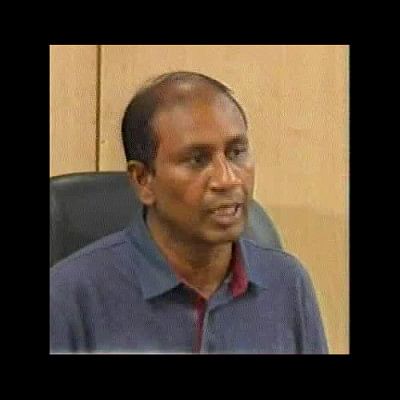Local militants can’t mount attacks now

Right now, terrorist groups in Bangladesh do not have the capacity to carry out an organised attack, a top counterterrorism official said.
“Terrorists of one country become inspired following a terror attack in another country….Currently, there is no information about any plan for conducting an attack in the country,” said Monirul Islam, chief of Counter Terrorism and Transnational Crime (CTTC) unit of Dhaka Metropolitan Police, at a view exchange meeting in the city yesterday.
Crime Reporters’ Association of Bangladesh (CRAB) organised the programme at the CIRDAP auditorium against the backdrop of the Sunday’s deadly terror attacks in Sri Lanka that left more than 300 people killed and several hundred injured.
Some of those who were propagating for a revenge attack in their internal communication platforms after the New Zealand mosque attack were caught and some others are under surveillance, he said.
“On the one hand, these terrorists are cowards and killers on the other. The youths take the path of violent extremism escaping from their lives,” Monirul said.
Replying to a query about Islamic State’s (IS) claim of appointing one Sheikh Abu Muhammad al-Bangali as the new caliph of this region, Monirul said there is no caliph of IS in Bangladesh.
“IS might have announced the name of a Bangalee expatriate as its Caliph,” he said.
Monirul said many Bangladeshis who went to Syria and Iraq to join IS after 2014 were either captured or dead.
If they want to return to Bangladesh, they have to take travel passes from the Bangladeshi embassies in those countries or the neighbouring countries as the validity of most of their passports have expired by now, he said.
The officials concerned in those embassies strictly scrutinise the documents of the applicant before issuing a travel pass.
Besides, Bangladeshis arriving from those countries have to undergo rigorous screening by immigration police and different intelligence agencies at our airports, he further said, adding “If anyone tries to entre Bangladesh, he will be identified and caught.”
He, however, said the law enforcers have no specific data on the Bangladeshi nationals who died and captured in Syria and Iraq.
Replying to a query about the de-radicalization process, Monirul said there is no scope of denying the fact that the awareness campaigns launched after the Gulshan café attack have been loosened in recent time.
Twenty hostages, mostly foreigners, and two police officials were killed in the country’s deadliest ever attack in 2016.
“A full-fledged de-radicalisation programme is needed to disengage radical people psychologically and reintegrate them in the society,” he said.
Replying to another query, Monirul said different international terrorist outfits are trying to draw attention of the Rohingya people who were persecuted in their own country.
“Different intelligence agencies are keeping them under surveillance to prevent them from being radicalised,” he said, adding that Rohingyas may engage in different criminal activities if their deportation is delayed.
CRAB President Abul Khayer, General Secretary Dipu Sarwar and Deputy Commissioner (media) of DMP Masudur Rahman also spoke in the porgramme.

 For all latest news, follow The Daily Star's Google News channel.
For all latest news, follow The Daily Star's Google News channel. 



Comments